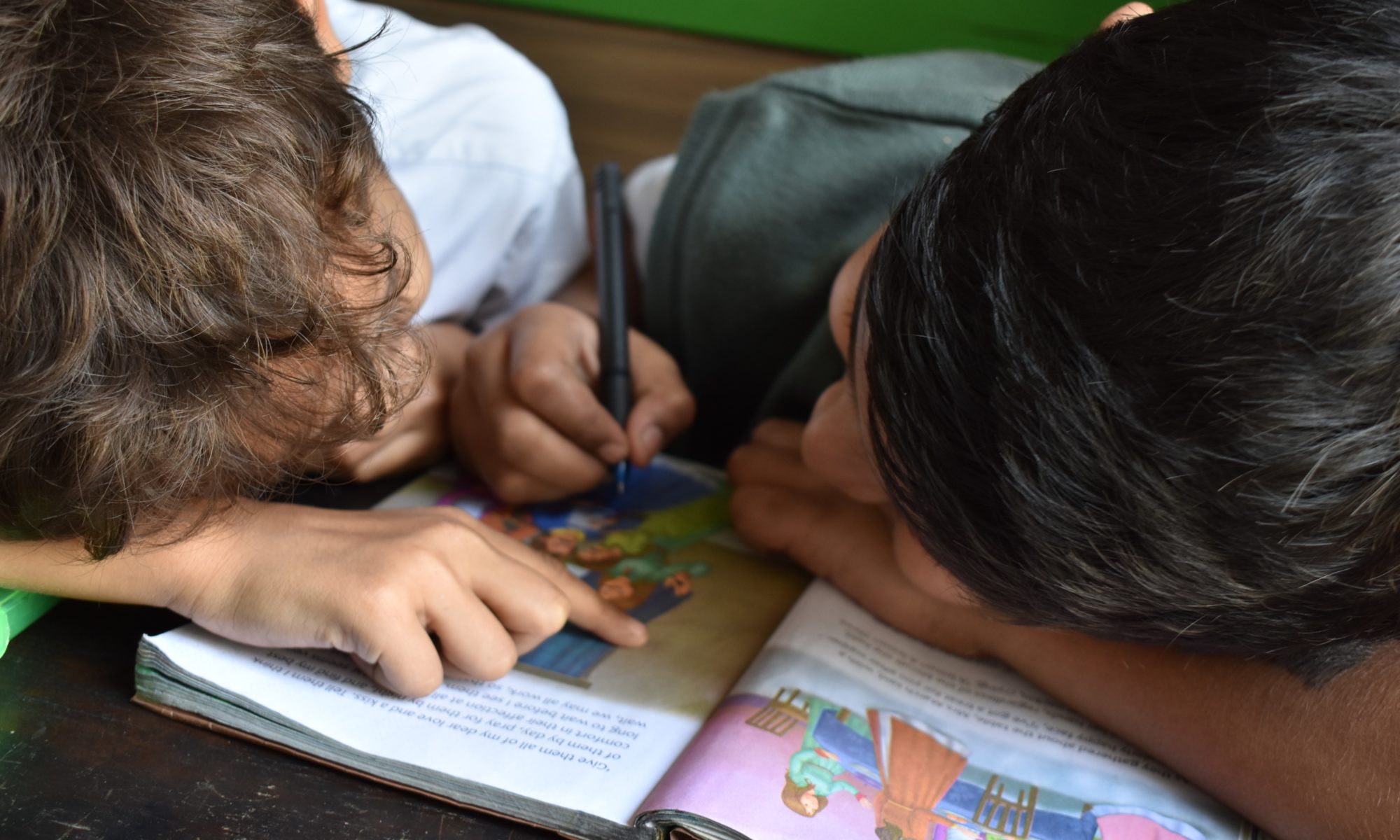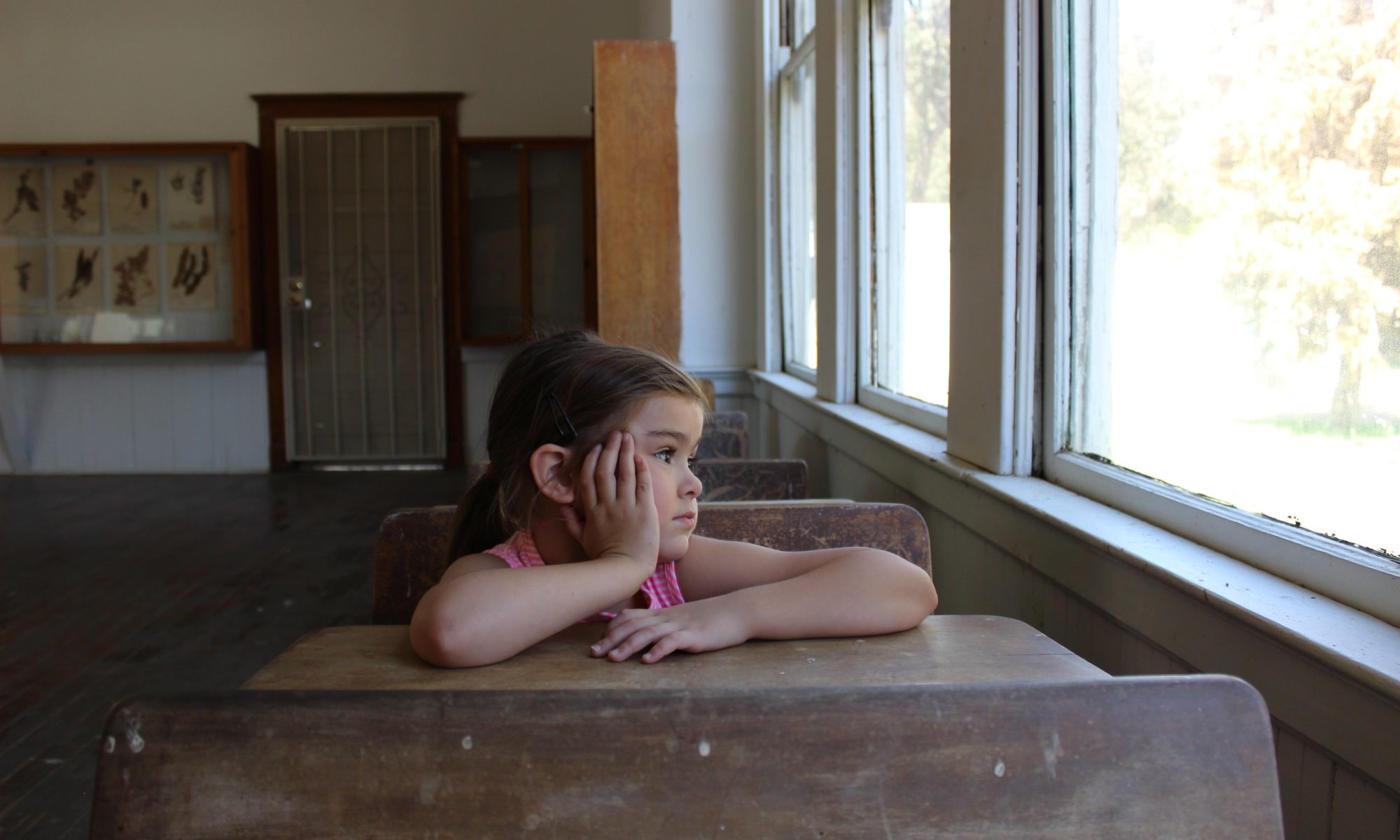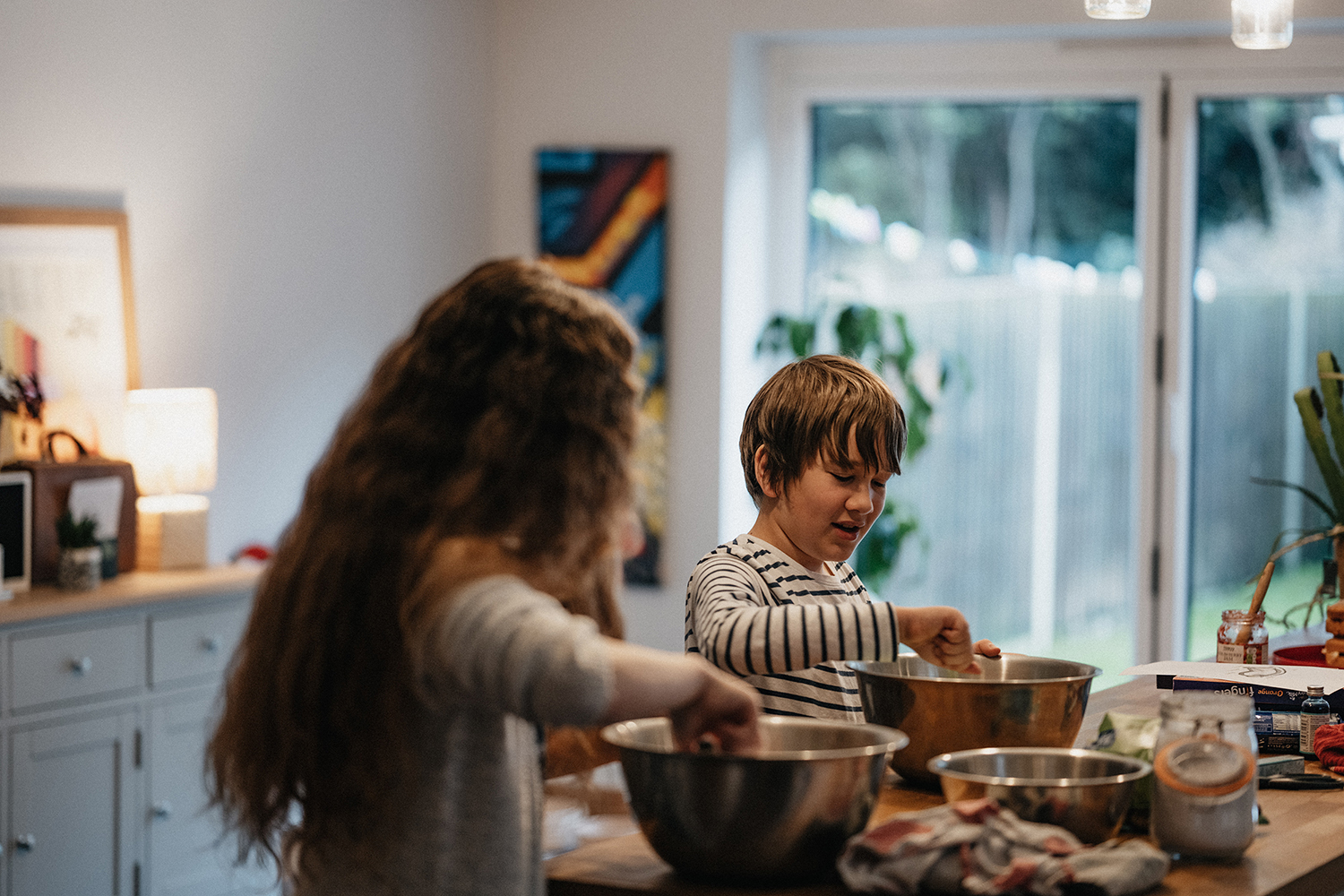Did you know that children with divorced parents are more likely to develop insecure attachment styles? As a parent, the last thing you want is for your child to struggle with attachment issues. However, staying in an unhealthy marriage can be just as detrimental to your children.
If you are going through a divorce and want to understand how this will impact attachment in your children, keep reading.
Understand Attachment Theory
The first attachment theorist was John Bowlby. He believed that the bonds formed early in children’s lives with their caregivers have an impact through your whole life. Attachment theory looks at attachment as an evolutionary process.
This theory stated that children are born with an innate drive to form an attachment with their caregiver. This attachment has a purpose in that it keeps the child closer to their mother and increases the chances of survival.
Many originally believed that it was food that drove successful attachment. However, Bowlby and other theorists have demonstrated that it is not food. It is instead nurturance and responsiveness from the child’s caregiver that drive attachment.
Essentially, a caregiver who responds to their child’s needs helps the child develop a sense of security. The caregiver then gives the child a secure base to explore the world.
Attachment Styles
There are two main attachment styles.
- Secure Attachment
- Insecure Attachment
Within insecure attachment, you have a few sub-styles of attachment. These include anxious, avoidant, and fearful-avoidant attachment.
Secure Attachment
If a child is securely attached then they have the ability to form a secure and loving relationship with other people. They have the ability to love and be loved. They also have the ability to trust and be trusted.
Intimacy is not something that will scare someone who is securely attached. In addition, they have the ability to depend on another person and not become completely dependent.
However, research in the 1980s indicated that only 56 percent of adults have a secure attachment style.
Insecure Attachment
There are three substyles of insecure attachment. Each of these styles of insecure attachment has different characterizing traits.Anxious Attachment Style
This form of insecure attachment is characterized by a fear of abandonment. This type of person will worry that their partner will leave them and often need a lot of validation.
Individuals who would get described as “needy” or “clingy” often fall into the category of anxious attachment style. Around 19 percent of adults who have insecure attachment fall into this category.Avoidant Attachment Style
This form of insecure attachment is characterized by a fear of intimacy. Individuals who fall into this category are going to struggle with getting close to others or trusting in a relationship.
This person may get described as “emotionally unavailable” in relationships. They tend to prefer independence and relying on themselves. Around 25% of individuals with insecure attachment fall into this category. Fearful-Avoidant Attachment Style
This form of insecure attachment is characterized by a combination of anxious and avoidant attachment styles. This individual craves affection, however, they want to avoid it at all costs.
While they feel the need to be loved by others they are wary of developing close romantic relationships. This type of attachment style is not as common and therefore not well-researched.
However, it has been associated with serious relational and psychological risks. This can include an increased risk for violence in relationships, difficulty regulating emotions, and heightened sexual behavior.
Caregivers Behavior and Attachment
There are some basic things that caregivers do that help form their child’s attachment style. Children who are securely attached are more likely to have parents who are responsive and tuned into their needs.
Children who are anxiously attached are more likely to have caregivers who are unpredictable with affection. This type of caregiver will fluctuate between withdrawn and overly involved. This unpredictability leads the child to be anxiously attached in future relationships.
Children who have avoidant attachment often have caregivers who are not responsive. This caregiver is dismissive and distant. There is an emotional disconnect from their child.
Due to this disconnect, this child believes that their needs will not get met. Children who are fearful-avoidant usually have a caregiver that is frightening or traumatizing. Because of this, the child experiences a sense of fear or lack of trust in others even though they want close connections.
A child that grows up in these circumstances will often have poor boundaries. They will also not understand what a healthy relationship looks like.
Attachment and Divorce
When parents divorce there are many effects on children. The effects of divorce on kids can range from anger to struggling in school to more. Divorce can also impact your child’s attachment.
The process of attachment begins in infancy. However, various factors throughout your child’s life can continue to influence your child’s attachment style. This includes divorce.
How Parent Divorce Impacts Attachment in Children
Children who have a secure attachment are more likely to be resilient. However, even securely attached children can have that foundation shaken by divorce.
When parents divorce your children will either now be spending the majority of their time with one parent, or there may be more of a joint custody situation. In a joint custody situation, it may look more like children are spending half the time with one parent and the other half of their time with another parent.
No matter the scenario to some degree one parent is no longer as available to the child as they previously were. As a young mind seeks to understand this the guidance that parents offer will be very important.
Oxytocin, Divorce, and Attachment
Oxytocin is also referred to as the “love hormone“. This is because this neurotransmitter when released in the brain impacts cognitive, social, and emotional behavior. It is believed that oxytocin impacts bonding.
In a study done by Maria Boccia, she looked at attachment, divorce, and oxytocin. In her study, she found that adults who had parents who divorced when they were children had lower levels of oxytocin in their system.
There are various thoughts on why oxytocin may be decreased in adults whose parents divorced when they were kids. Research previously done has shown that children who did not receive adequate or consistent nurturance, love, attention, and safety from their parents had decreased oxytocin production.
These studies have suggested that parental love and attention are responsible for the production of oxytocin. During a divorce, parents can get distracted by what is going on in their marriage. At times this can lead to parents not adequately responding to their children’s emotional needs.
However, this is not the only way that adult children of divorce’s oxytocin systems can change. Substance use can also change oxytocin production. Individuals who have divorced parents are more likely to engage in these types of behaviors.
How to Avoid Attachment Issues
During a divorce, it is easy for children to be angry, scared, and confused. While they are used to having two parents in the home suddenly they are being shuffled back and forth between houses and primarily living with only one parent.
There are ways you can respond to divorce and your children’s emotions that will help them as their world adjusts. By responding appropriately you will also help prevent attachment issues.
Do Not Put Children in the Middle
Your child should never be the person you vent to about how much you cannot stand the other parent. You chose to have children with your child’s other parent. When you get divorced you need to figure out how to co-parent.
Even if the other parent chooses not to involve themselves, NEVER speak negatively about the child’s other parent to them. Children may know things about their parents, but if you insult the other parent this will cause an internal struggle.
Keep Arguments Quiet
It is likely your children have heard you argue. However, heated discussions, legal conversations, and visible conflict should be kept away from your children.
This is a big adjustment for you and these things will happen. However, your child is still processing and learning how to handle their own emotions.
They should not have the added stress of being frightened by things they do not understand.
Help Them Express Emotions
Depending on your child’s age they may still be struggling to put their emotions into words. Helping your child talk about how they are feeling is important.
Saying things such as, “it seems like you’re feeling sad” or “do you know what is making you sad” can help your child begin to put words to their emotions.
It is also vital that you respond to their emotions appropriately. Never tell a child they should not feel something.
Validate what they are feeling and talk to them about it. You can validate your child’s feelings by practicing active listening. This includes not being distracted by phones or other external things and reflecting your child’s emotions back to them.
Offer Support
Talk to your child about what can help them feel better. Is it putting a picture of mom or dad next to the bed? Is it cuddling with their favorite stuffy?
Or maybe it is taking the time to call and video chat with the other parent. In addition, make sure you have important conversations about divorce with your kids. They need to know it’s not their fault and you are not divorcing them.
Kids who get separated from one of their parents by divorce are likely to be anxious. It is important that they know the parent is still there and available when they need them.
Use Consistent Discipline
If you are feeling guilty about your divorce then it is easy to let children get away with behavior that they previously would not have. Keep in mind though, consistent discipline provides much-needed structure and boundaries for your child.
Your child already knows what to expect from you. Many children can begin to act out to test new boundaries or to get attention. Maintain consistency in how you address these behaviors as you explore the reasons behind them.
Teach Coping Skills
Children are still learning how to cope with their emotions. They need positive outlets. So do you!
You can model good coping skills for your child. You can engage in activities to help both of you cope as you go through this process. Not only will this give your child coping skills to use but it will also reinforce the fact that you are there and responding to their emotional needs.
Help Kids Feel Safe
It is natural for your children to fear abandonment in this situation. Concerns about the future can also weigh heavily on your children. They need to feel safe.
Time, affection, consistency, boundaries, listening, and unconditional love are all methods you can use to show your child they are safe.
Spend Time
Time is a valuable commodity. Spending time with your kids should always happen. However, during a divorce, it is even more important.
Your kids need to know you are still there. There are many ways you can choose to bond with your children from reading to playing.
Take Care of You
Taking care of yourself is very important. If you do not then it will impact your ability to take care of your child.
If you do not take the time to process your emotions then it will be difficult to help your child process their emotions. Talk to friends and use your own coping techniques. This way when you are with your child you can care for them.
Get Help
If you are struggling to co-parent peacefully, or your kids are struggling and you do not know what to do, get help. Seeking professional help can feel like a failure but it’s not.
Knowing you are overwhelmed and struggling and not getting help is when you will fail. Your child’s future depends on you. Take the steps needed to ensure they have a good one.
Set Your Child up for Success
While the risk is higher for children of divorce to struggle with attachment issues, it is not unavoidable. There are things you can do as a parent to help your child in this difficult transition.
2houses is here to support you through this transition. They offer articles and tools to help you learn to co-parent successfully. Check out their app and how it can help you today.












